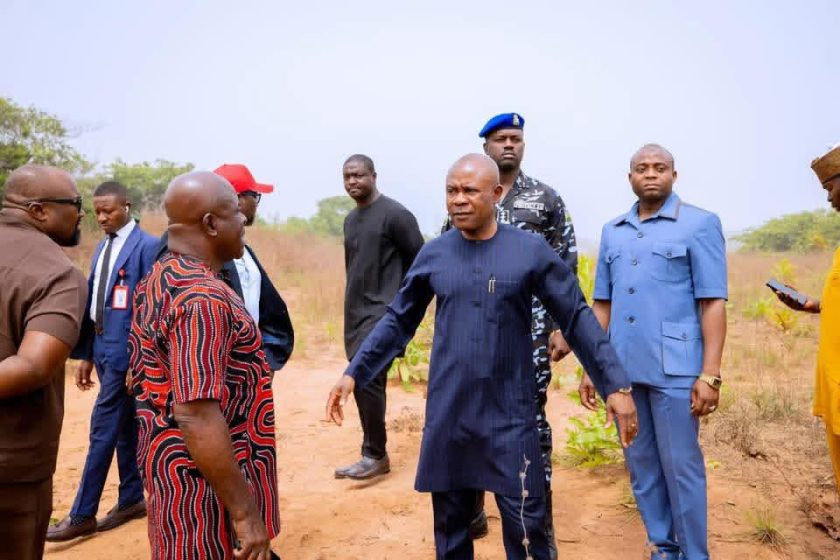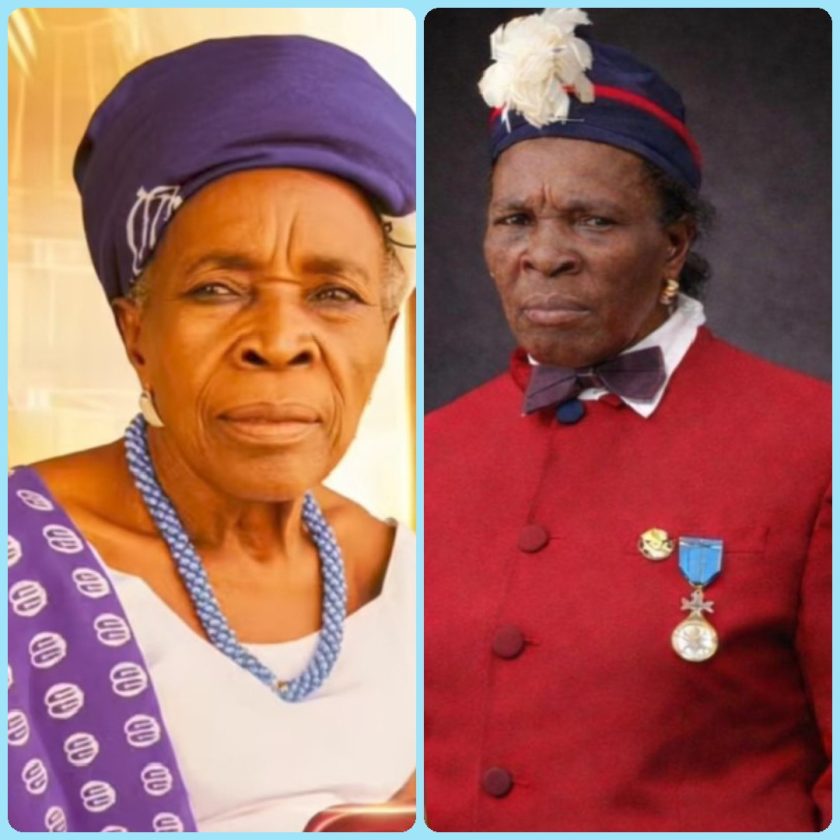Liz Truss will become Britain’s next prime minister after beating Rishi Sunak in the bitterly fought Conservative leadership contest.
The foreign secretary, who won 81,326 votes (57.4%) of Tory members to the former chancellor’s 60,399 (42.6%) takes over from Boris Johnson, who was ousted by his own MPs earlier this summer.
But the euphoria of victory will quickly give way to the hard reality of the economic challenges ahead with the country gripped by a cost of living crisis leaving families struggling to pay their energy bills this winter.
Truss has said she will reveal plans to support households within a week of taking office, with allies understood to be discussing a £100bn package that could include freezing energy bills. She has already pledged to reverse a national insurance rise even though it disproportionately benefits the well-off.
In her acceptance speech Truss praised “my friend” Boris Johnson. She said: “Boris, you got Brexit done, you crushed Jeremy Corbyn, you rolled out the vaccine and you stood up to Vladimir Putin. You were admired from Kyiv to Carlisle.”
She promised a “bold plan” to cut taxes and grow the economy and “deliver on the energy crisis, dealing with people’s energy bills but also dealing with the long-term issues we have on energy supply”.
She concluded her speech by promising to “deliver a great victory” for her party in two years’ time.
She said: “We all will deliver for our country and I will make sure that we use all the fantastic talents of the Conservative party, our brilliant members of parliament and peers, our fantastic councillors, our MSs, our MSPs, all of our councillors and activists and members right across our country.
“Because my friends, I know that we will deliver, we will deliver and we will deliver. And we will deliver a great victory for the Conservative party in 2024.”
An emergency budget is expected within the first month to set out how she will bolster the economy amid sustained low growth, soaring inflation, flat-lining wages and the very real prospect of recession.
Her political honeymoon is likely to be short-lived with an over-flowing in-tray of thorny issues including the prospect of an autumn of strikes, the NHS and ambulance services on their knees, the conflict in Ukraine showing no sign of easing and the ongoing row with Brussels over how to implement Brexit in Northern Ireland.
Truss takes over after Johnson was forced out by his own MPs over his handling of scandals including the Partygate row and the Chris Pincher affair, which together raised questions about his integrity and further undermined trust in his government.
She inherits a deeply divided party lagging behind in the polls after a contest in which both campaigns traded bitter personal attacks, and a vacuum at the top of government at a time when the public was looking for reassurance, leaving senior Tories fearing lasting damage to their electoral prospects.
Johnson will tender his resignation to the Queen at Balmoral on Tuesday with Truss visiting the monarch at her Highland residence shortly afterwards for her appointment to be confirmed.
She will then travel back to London, where she is expected to address the nation in a speech outside No 10 Downing Street, before putting the finishing touches to her first cabinet.
Truss, who will become Britain’s third female prime minister, is expected to appoint Kwasi Kwarteng as her chancellor, with James Cleverly as foreign secretary and Suella Braverman as home secretary. Her old friend Thérèse Coffey could take over at the Department of Health, while Brandon Lewis has been tipped for the Ministry of Justice.
Sunak is not expected to take a ministerial job with allies, saying he is preparing to wait in the wings until history proves Truss wrong on her plans to cut taxes rather than first getting inflation under control. He has not ruled out standing in a future Tory leadership contest.
The new cabinet will meet for the first time on Wednesday morning before Truss, who has channelled Margaret Thatcher and pitched to the right during the leadership contest, faces the Labour leader, Keir Starmer, for her first prime minister’s questions.
The result of the Conservative party contest was announced by Sir Graham Brady, the chair of the backbench 1922 Committee, at a conference centre in Westminster. Just 0.3% of the British electorate was responsible for picking the country’s next leader.
Sunak won the MPs’ stage of the contest but entered the head-to-head part knowing that he was up against the darling of the Tory right. Over the last seven weeks the momentum has swung firmly behind Truss.
–TheGuardianUK




